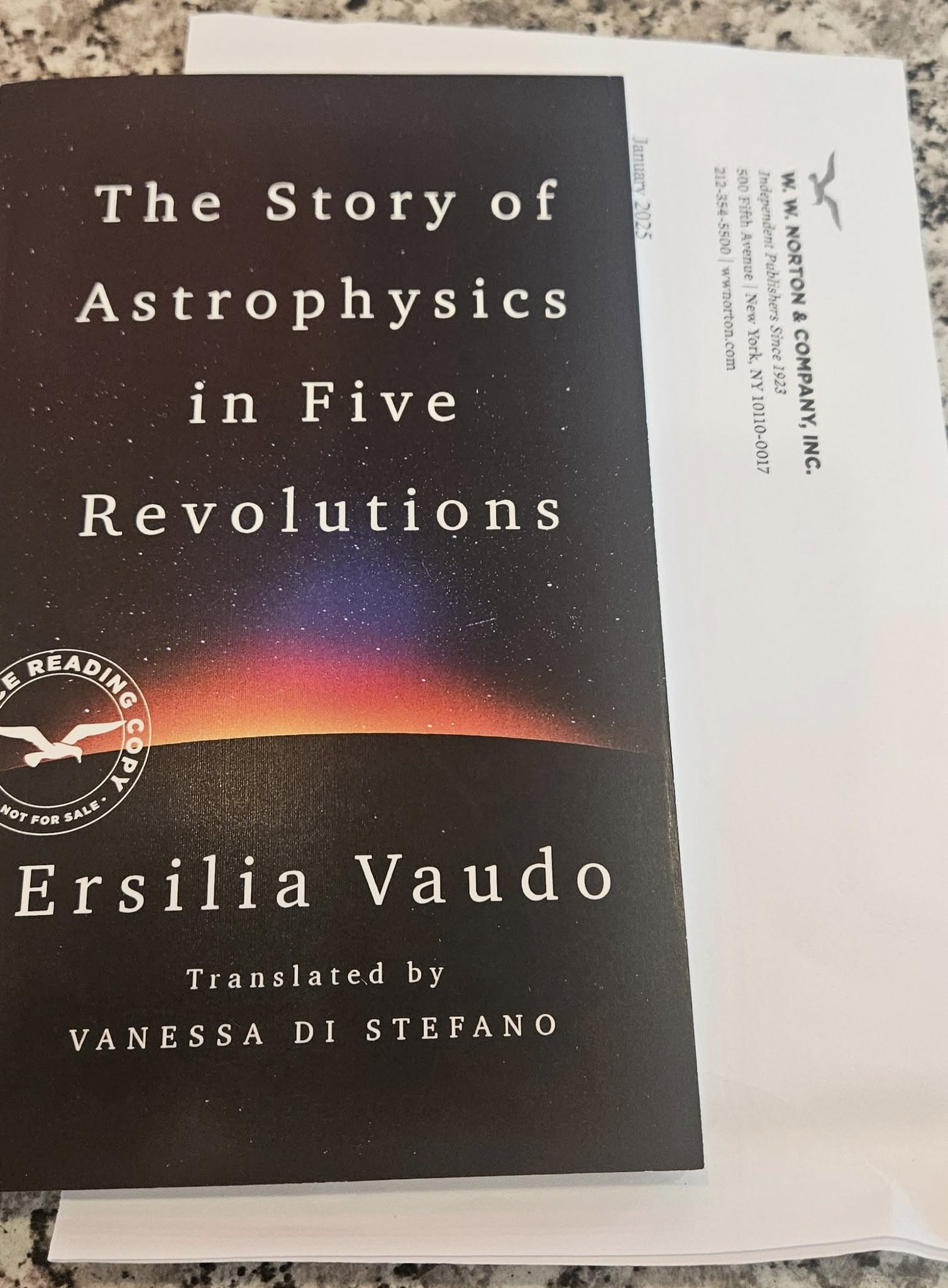 Fortified By Silk: Nutrients And Pesticides Get A New Targeted Approach
Fortified By Silk: Nutrients And Pesticides Get A New Targeted ApproachGreenpeace is in a longstanding campaign to oppose a public domain Golden Rice created by scientists...
 Safe Water May Be Killing You
Safe Water May Be Killing YouThe drinking water treatment process is designed to remove harmful pathogens that are prevalent...
 'Here Is The Letter That Has Destroyed My Universe' And 4 More Astrophysics Revolutions
'Here Is The Letter That Has Destroyed My Universe' And 4 More Astrophysics RevolutionsOn this day, April 25, in 1929, the world learned how astronomer Edwin Hubble had discovered that...
 Big Organic Continues To Oppose Food That Uses No Pesticides
Big Organic Continues To Oppose Food That Uses No PesticidesI get pitches for stories every day and sometimes I want to see if the world that opposes science...








